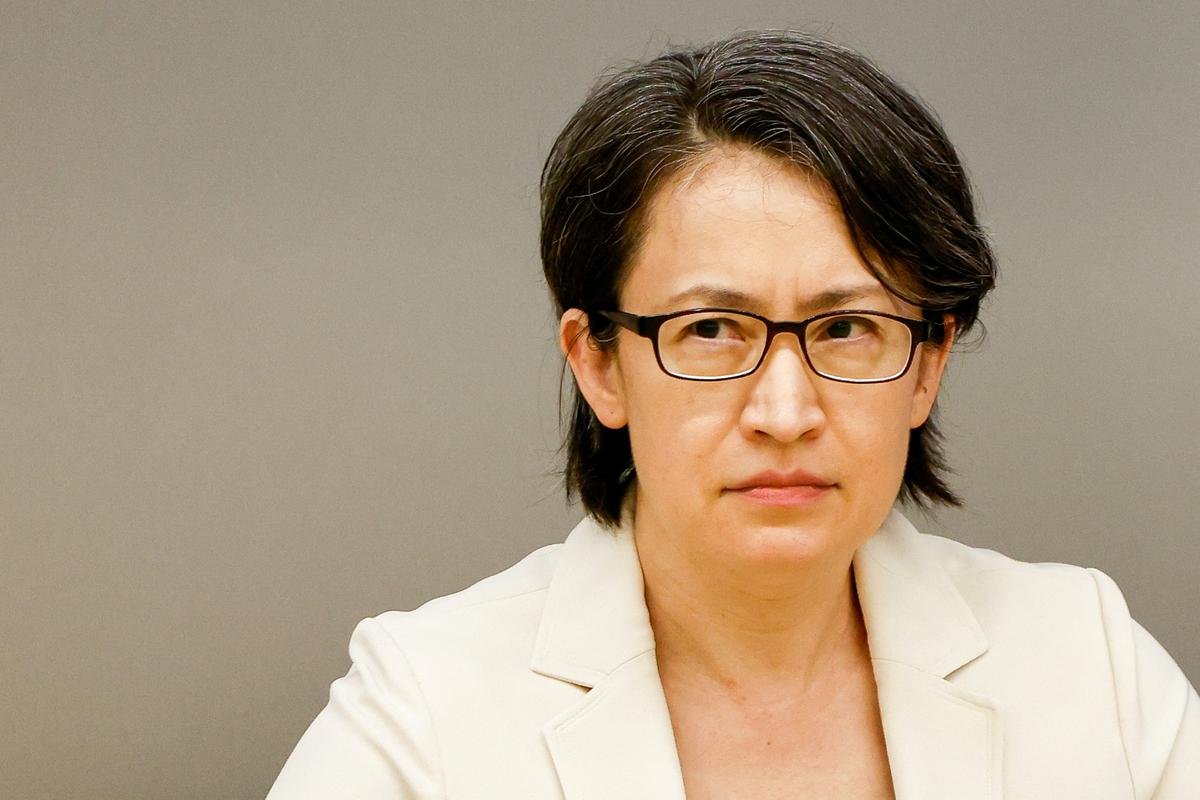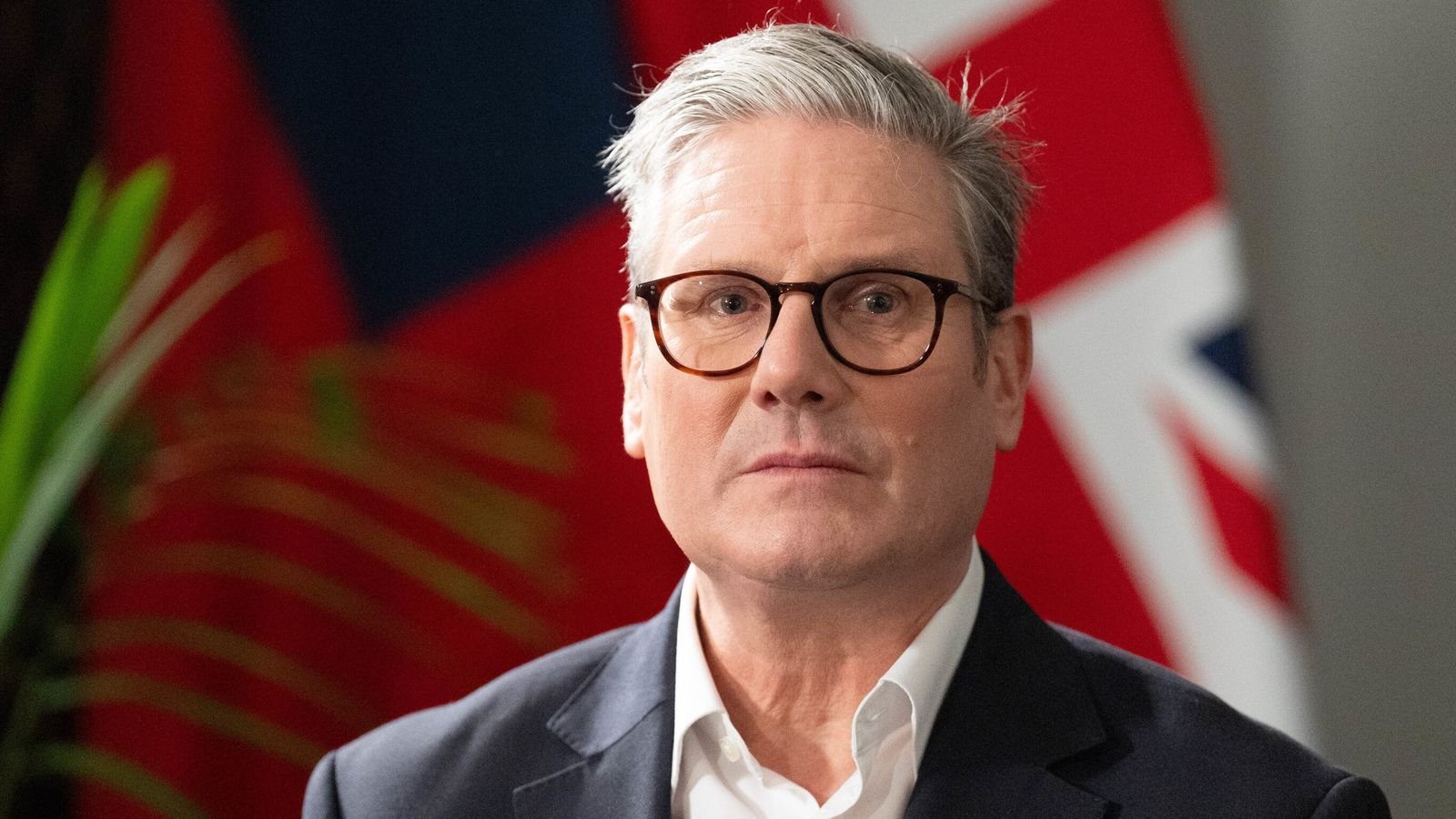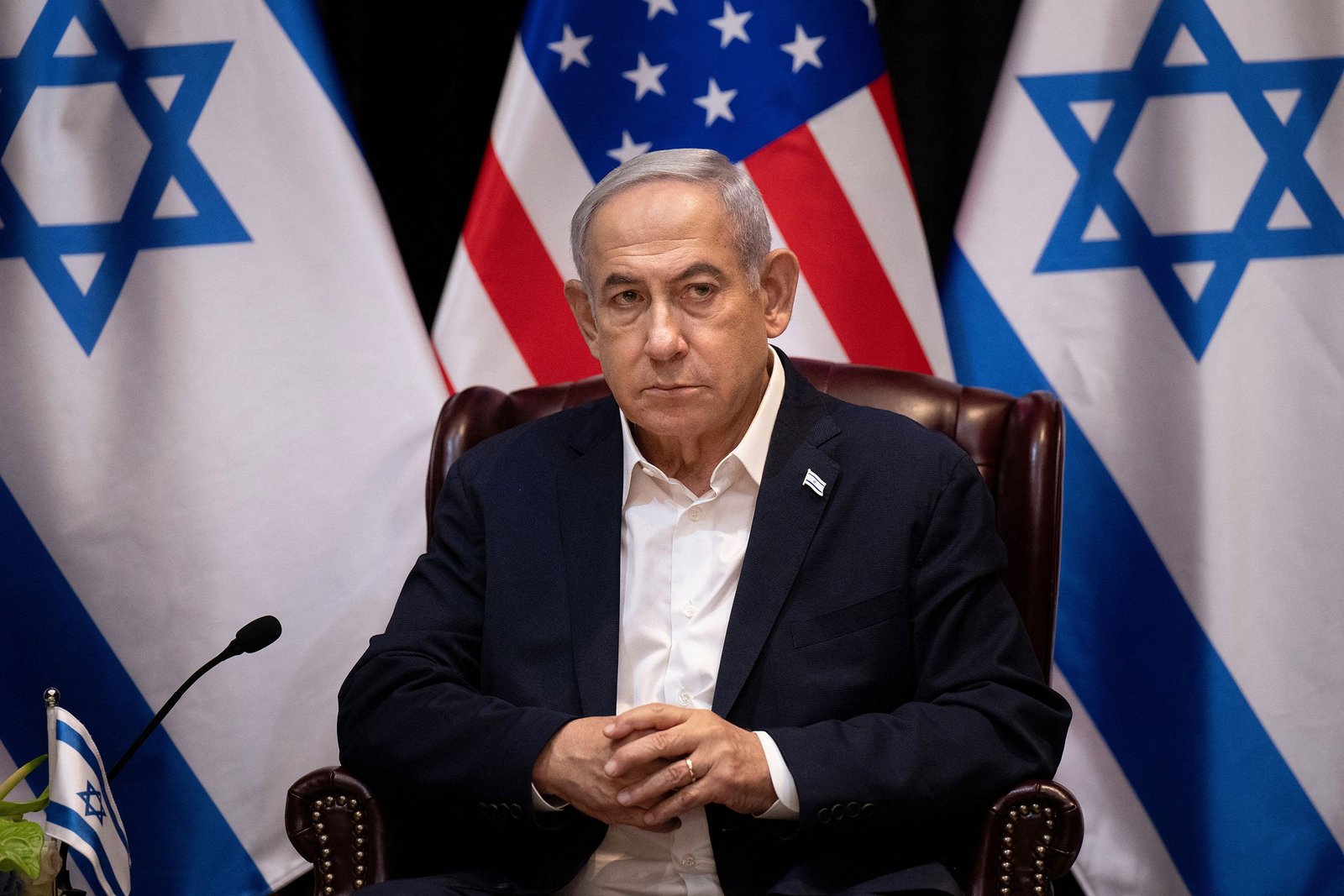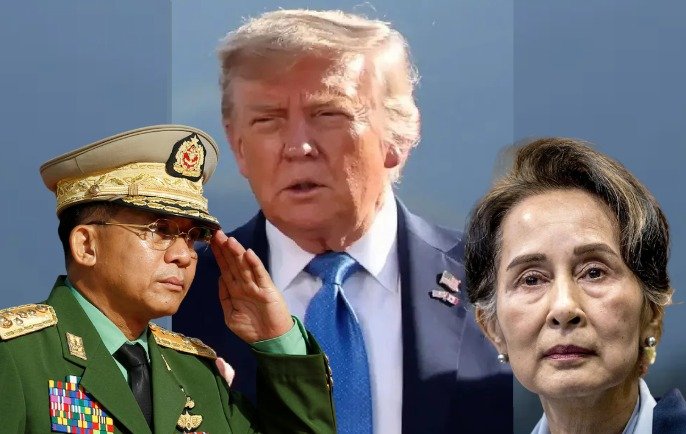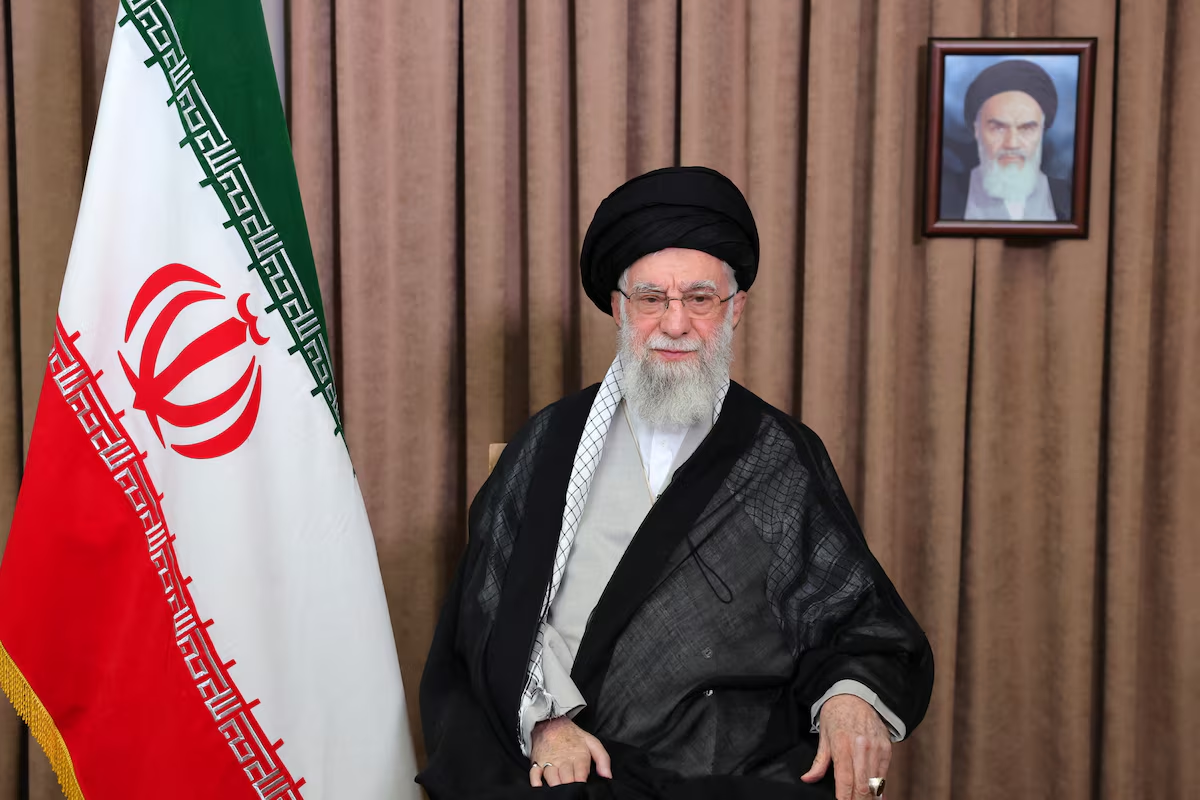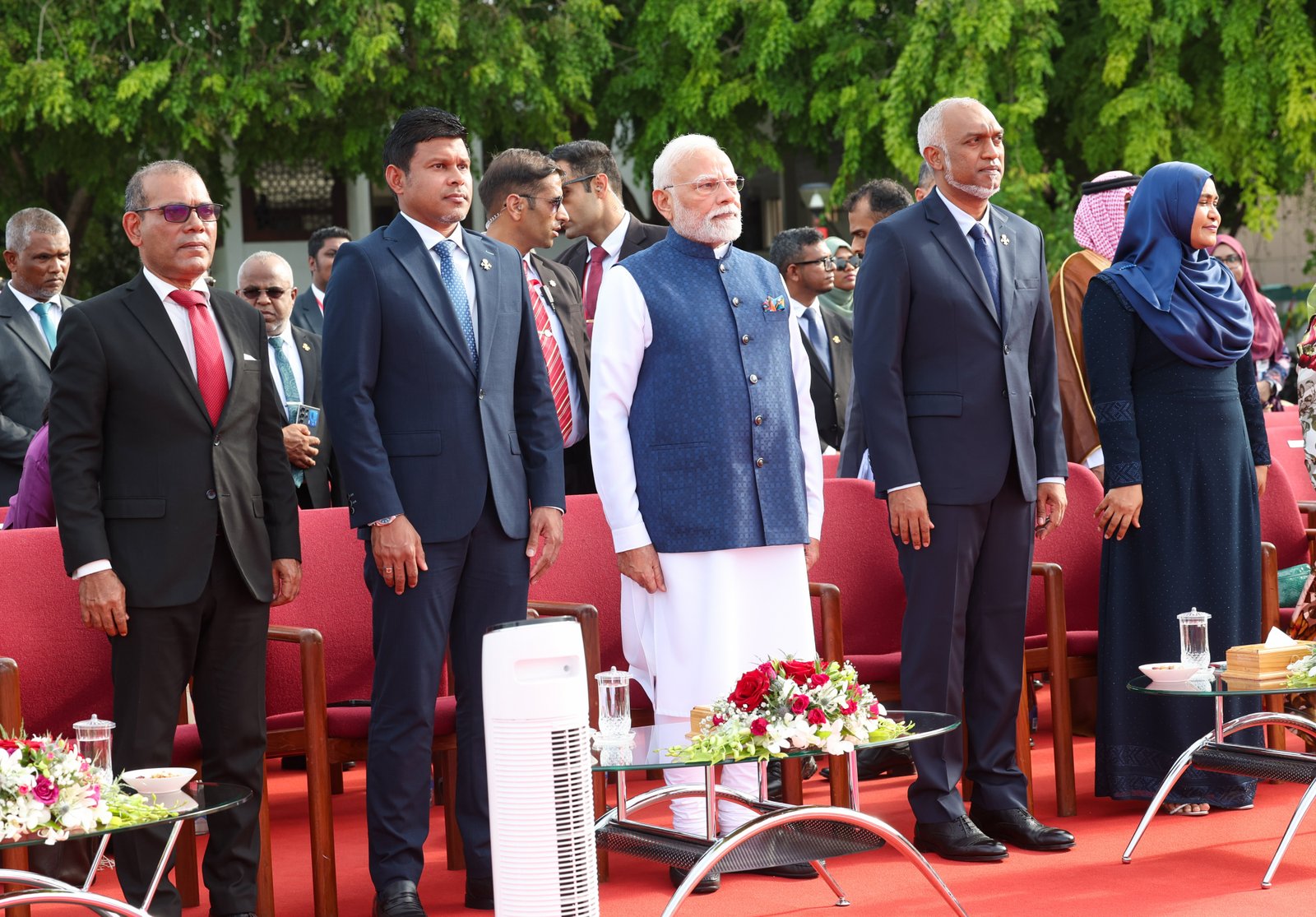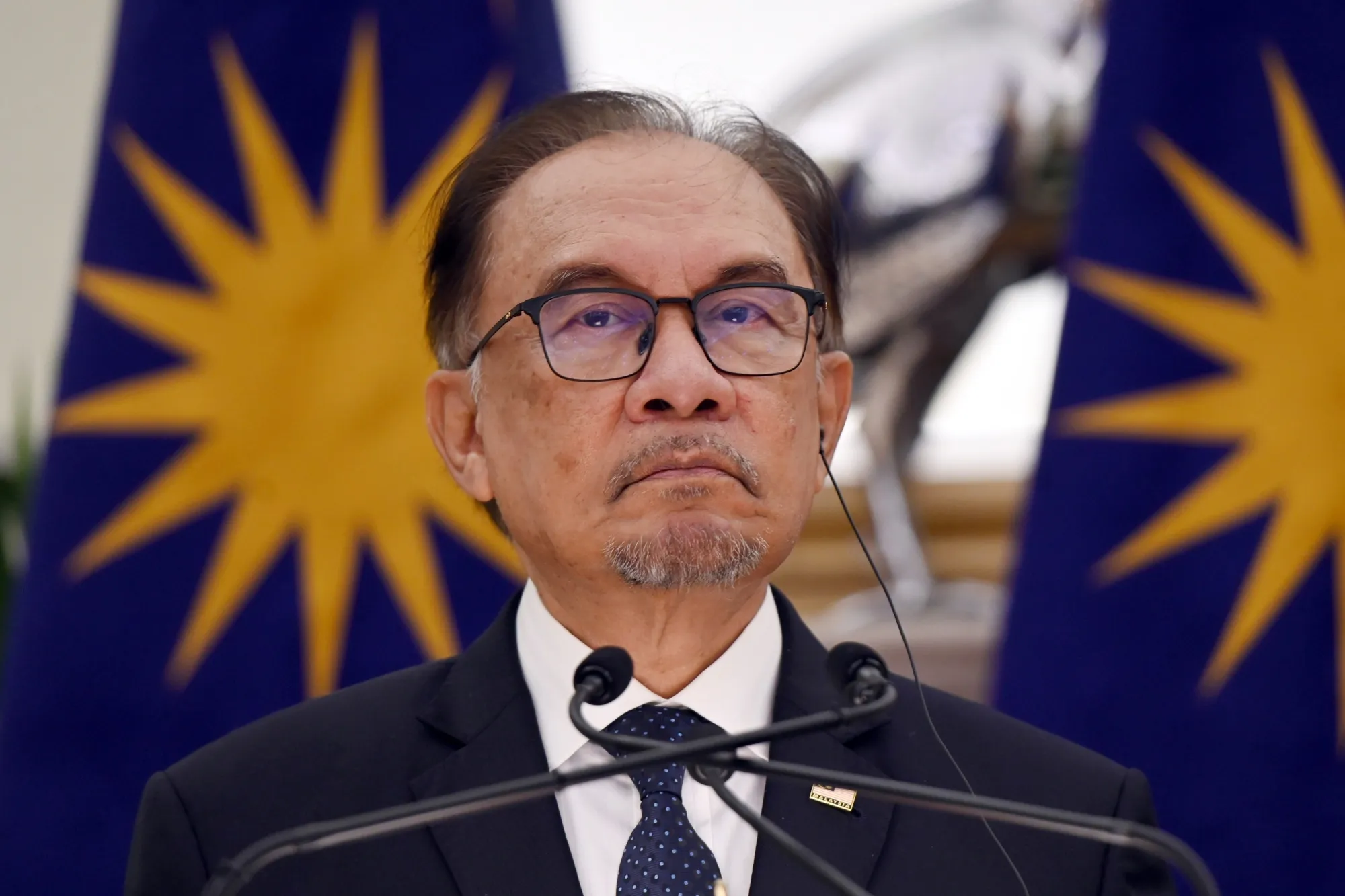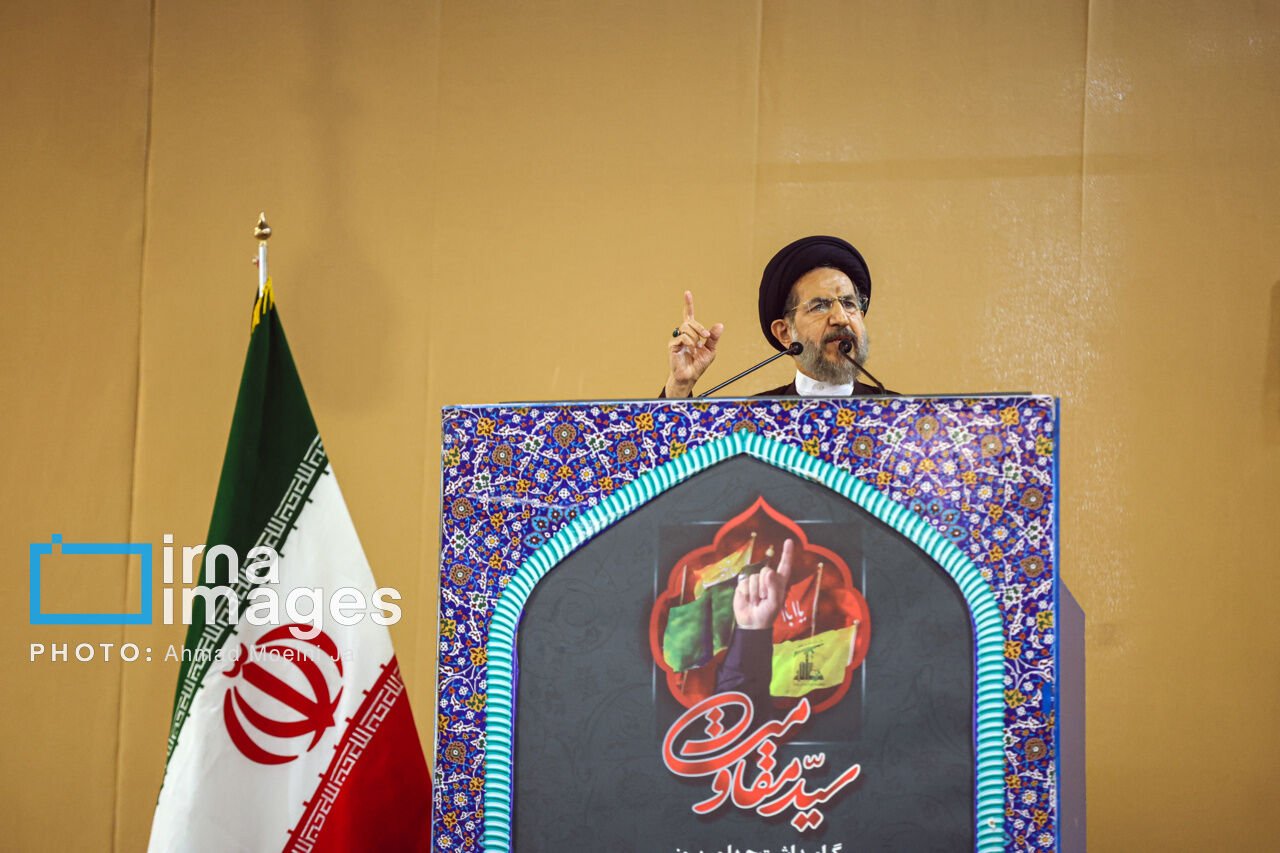We Don’t Want Conflict with China, But Will Not Tolerate Beijing’s ‘Aggressive Military Posture’ – Taiwan’s Vice President Hsiao Bi-khim
[Taipei, July 18, 2025] — Taiwan’s Vice President Hsiao Bi-khim stated on Friday that Taiwan does not seek any conflict with China and will not provoke one. However, she emphasized that Beijing’s “aggressive military posture is counterproductive.”
Speaking at the Taiwan Foreign Correspondents’ Club in Taipei, Hsiao said:
“We do not want conflict. We are not provoking. But we are committed to protecting the safety and dignity of our people. President Lai Ching-te’s offer for dialogue is the only acceptable path forward.”
China has long claimed the democratically governed Taiwan as part of its territory and often refers to President Lai Ching-te as a “separatist.” Taiwan’s government and people firmly reject this claim.
Hsiao added:
“China’s military posture is becoming increasingly aggressive, which is producing the opposite result. It is pushing the people on both sides away from peace and development.”
She noted that:
“For decades, the people and business community of Taiwan have contributed to China’s economic growth based on peaceful coexistence.”
Hsiao also affirmed that maintaining the current “status quo” is Taiwan’s sovereign choice:
“It’s not easy, but it is responsible and aligned with the interests of the entire region.”
China imposed a second round of sanctions on Hsiao Bi-khim in 2023. However, the sanctions have had no real effect, as Taiwan’s top officials typically do not travel to China or operate under Chinese law.
Over the past few years, China has conducted at least six large-scale military drills around Taiwan, involving fighter jets, naval fleets, and missile systems.
In response to these tensions, Chinese Foreign Ministry spokesperson Lin Jian stated in Beijing:
“Both Taiwan and mainland China are part of one China. Regardless of what the Democratic Progressive Party (DPP) says, this unity cannot be changed.”
Taiwan is also facing another international challenge: tariffs and trade issues with the United States. In April 2024, former U.S. President Donald Trump announced a 32% tariff on Taiwanese goods, although it was later suspended to allow for further negotiations.
Regarding this, Hsiao said:
“Our negotiating team is working around the clock with the U.S. to balance tariffs and trade, while also strengthening bilateral cooperation in technology, investment, and security.”


